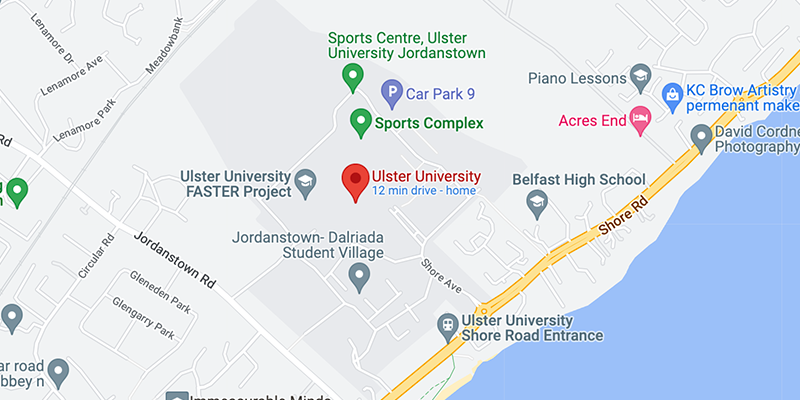Page content
Case Alternations in Ancient Greek Passives and the Typology of Case. Work of Christina Sevdali (Ulster University) and Elena Anagnostopoulou (University of Crete)
This talk presents and discusses evidence that genitive and dative objects regularly become nominative in Ancient Greek passives of monotransitives and ditransitives. This is a typologically and theoretically significant state of affairs for two reasons: (i) As is well-known, non-accusative objects are, in many languages, not allowed to enter into Case alternations, a fact which has been accounted for in the GB/ Principles & Parameters literature on the basis of the assumption that non-accusative objects – prototypically datives - bear inherent, lexical or quirky Case. By the same reasoning, Ancient Greek genitives and datives must be concluded to have structural Case. (ii) Even in languages where Dat-Nom alternations do obtain, they are often limited to ditransitives, a fact which can been taken to suggest that dative qualifies as structural Case only in ditransitives.
A language like Ancient Greek which allows genitive and dative objects to become nominative in all passives (monotransitives and ditransitives) shows that it is, in principle, possible to have a linguistic system where genitive and dative qualify as structural Cases in all syntactic contexts. Case-theories must be designed in such a way as to allow for this option. We argue for an analysis of Case alternations which combines the view that alternating datives and genitives enter the formal operation Agree due to an uninterpretable Case feature with a morphological case approach to the distribution of overt case morphology. We furthermore compare Ancient Greek Dat-Nom and Gen-Nom alternations in passives to Icelandic Dat-Nom and Gen-Nom alternations in middles, pointing to a number of interesting differences in the two types of alternations which depend on (i) the types of dative arguments entering Agree, (ii) the verbal head (Voice or v) entering Agree with dative objects and (iii) the rules of dependent case assignment in connection to the role of nominative in the two languages.
Ulster University Sports Village
Shore Rd, Newtownabbey, BT37 0QB
Event info
This event has ended
Thursday 15 May
11.15am
17E25
Christina Sevdali


